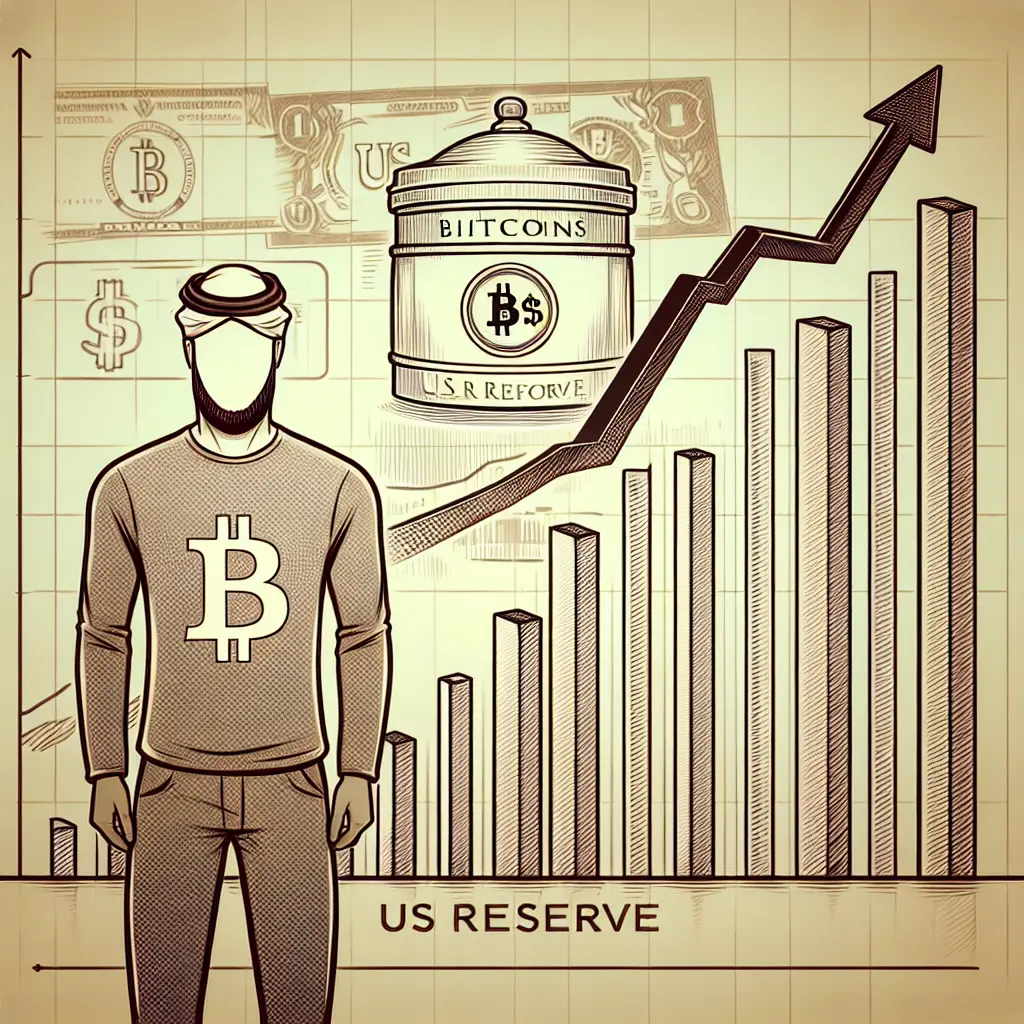Exploring the complex interplay between Bitcoin and inflation is not only fascinating but also essential for understanding broader economic trends and the burgeoning role of digital currencies in global financial markets. This analysis delves into how Bitcoin, the pioneer cryptocurrency, acts amid fluctuating inflation rates, its implications on monetary policy, and its potential as an inflation hedge.
Bitcoin and Inflation Dynamics
Inflation erodes purchasing power, making each unit of currency worth less over time. Traditional money systems controlled by governmental monetary policies can struggle with maintaining inflation rates, leading to decreased currency value. Here, Bitcoin, with its capped supply of 21 million coins, presents an intriguing contrast. The fixed supply is an intentional design to prevent inflationary pressures intrinsic to fiat currencies, thus proposing Bitcoin as a potential hedge against inflation.
The correlation between inflation and Bitcoin value has been a subject of extensive debate within financial circles. Theoretically, as inflation increases, more investors might turn to Bitcoin as a safeguard of value, potentially driving up its price. However, the actual relationship can be influenced by numerous factors including investor sentiment, market liquidity, and broader economic conditions.
Recent News Impacting Bitcoin Trends
Economic Impact and Monetary Policy
1. High-Profile Endorsements and Political Figures: Recently, the crypto economy buzzed with news about former President Donald Trump’s promise to transform the U.S. into a 'Crypto Capital' and a 'Bitcoin Superpower'. This kind of political backing can significantly sway public opinion and potentially stabilize Bitcoin prices against inflationary fears.
2. Legal and Regulatory Challenges: On another front, Craig Wright's perjury investigation regarding his claims of being Bitcoin's creator introduces uncertainty, potentially affecting investor confidence and Bitcoin's value.
3. Geopolitical Events: The reported assassination attempt on Donald Trump led to a surge in Bitcoin's value, showcasing how geopolitical instability can prompt investors to flock to Bitcoin as a perceived safe-haven asset.
4. Infrastructure Developments: The decision by a tiny Texas village to annex a large Bitcoin mine highlights the growing integration of Bitcoin into local economies, influencing both the crypto and traditional economic landscapes.
Bitcoin Investment: A Hedge Against Inflation?
5. Governmental Adoption: Proposals like those from RFK Jr., suggesting governmental acquisition of significant amounts of Bitcoin, underline the potential shift in how nations might manage reserves in the future, impacting both the perception and value of Bitcoin in relation to inflation.
Considering Bitcoin as an inflation hedge is compelling. Historical data shows that during periods of high inflation rates, Bitcoin's price has often increased. However, this is not always consistent, and the volatile nature of Bitcoin makes it a risky asset. Investors considering Bitcoin for this purpose should be mindful of its speculative nature and market fluctuations.
Moreover, the broader acceptance of Bitcoin across various industries adds layers to its stability as a potential hedge. The more integrated it is into daily transactions and financial systems, the more likely it will gain attributes of a stable store of value.
Analyzing Bitcoin Trends
Moving forward, keeping an eye on Bitcoin trends is crucial for both seasoned investors and newcomers to the cryptocurrency space. The ongoing developments in regulatory frameworks, technological advancements in blockchain, and shifts in investor behavior all play pivotal roles in shaping the trajectory of Bitcoin’s value.










Leave a Comment